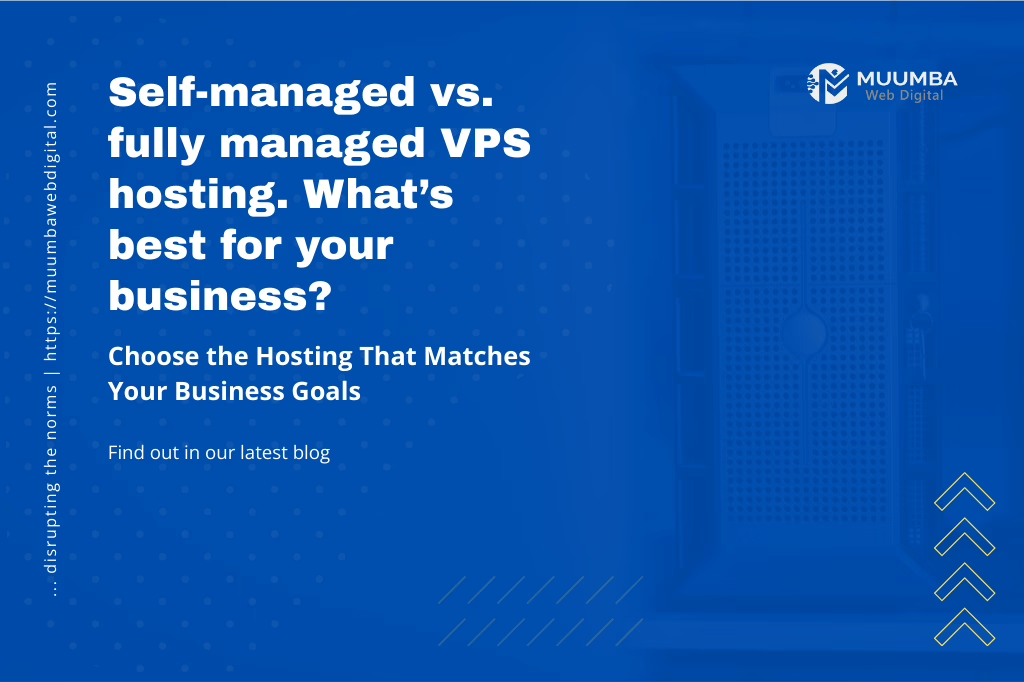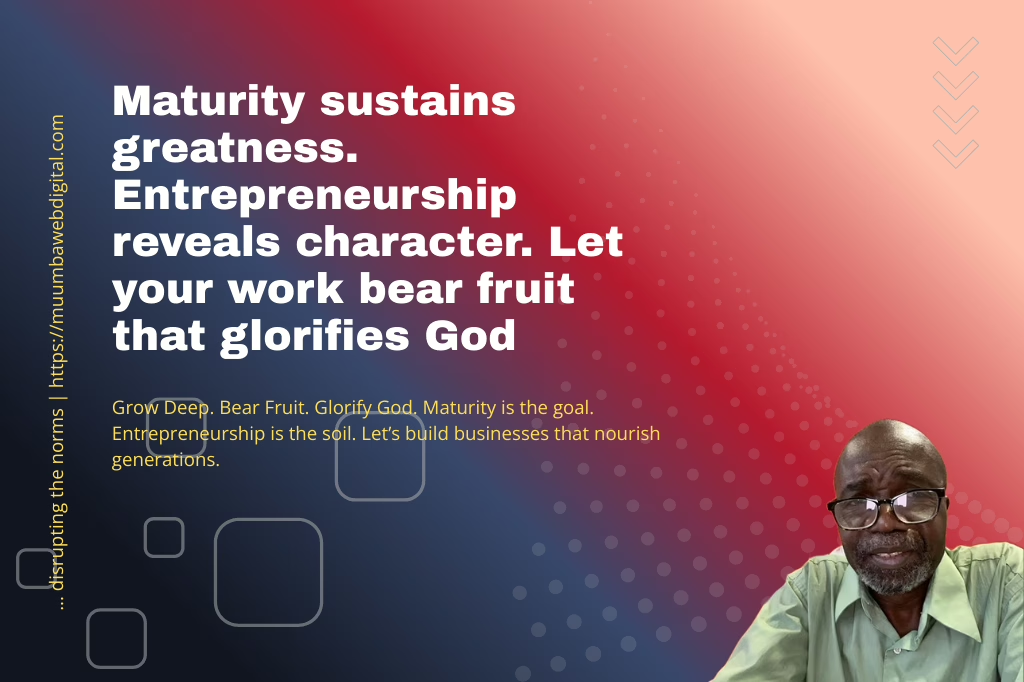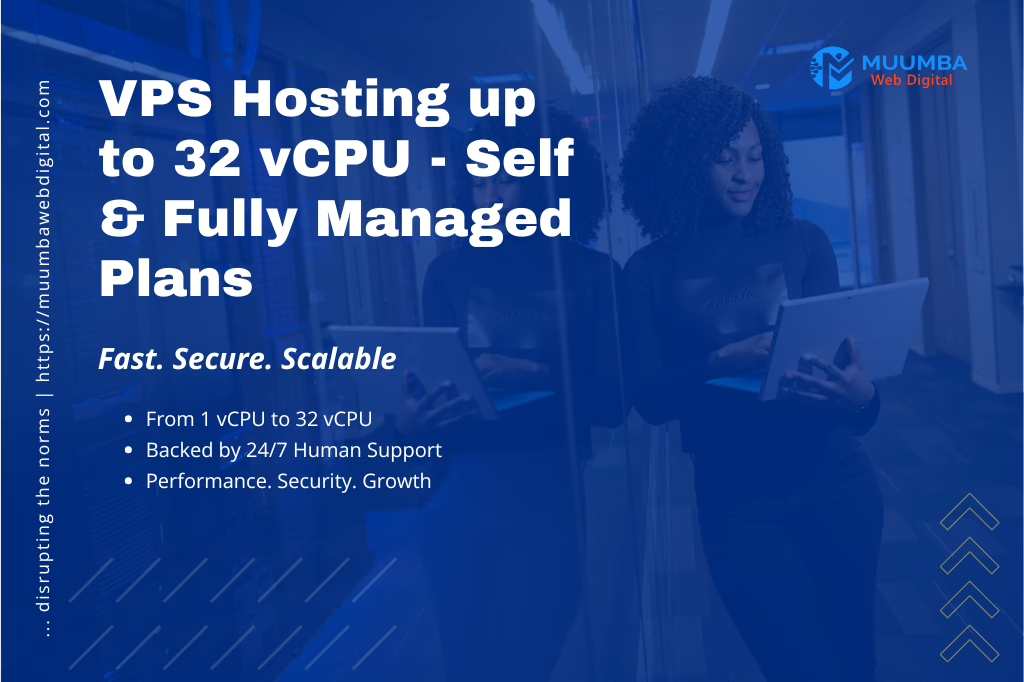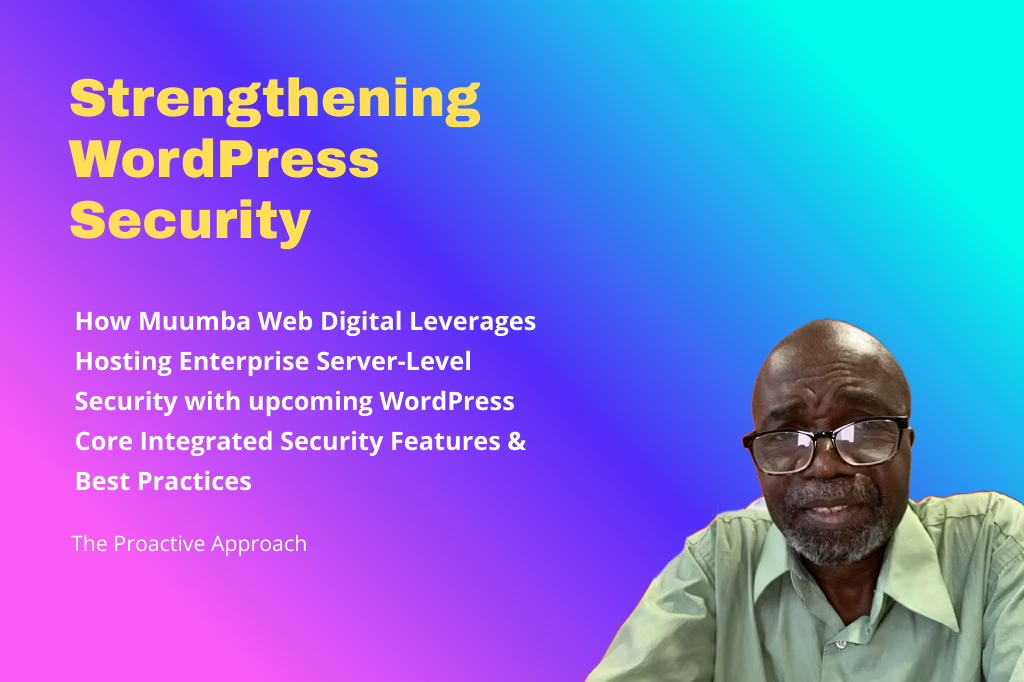
Beyond the Cover: The Psychology of First Impressions and Why Openness Wins
How Our Instincts Shape Connection and Why Slowing Down Can Reveal What Truly Matters
We’ve all been cautioned: “Don’t judge a book by its cover.” Yet in the real world, especially in fast-paced social settings or first encounters, our brains can’t help it. Within milliseconds, we form impressions. We gravitate toward certain faces, voices, or vibes, often without knowing why. I’ve found myself instantly drawn to some people, while overlooking others, only to realize later that the richest connections often came from those I initially missed.
So, what’s happening in those split seconds? And why do these first impressions hold such power over us? This article explores the psychology behind first impressions, what makes them stick, and, more importantly, how brands can strategically shape them to create lasting resonance. Because let’s face it: before anyone gives your brand a second thought, you must earn their first glance. In today’s saturated world, milliseconds are your window. A well-crafted “cover” – your visual identity, tone, and initial messaging – must do more than attract; it must predispose your audience to trust, explore, and eventually adopt your brand.
But it doesn’t end there. Because while capturing attention is essential, keeping it requires depth. Brands that win are the ones that don’t just look the part. They live it. The promise in your first impression must be matched by substance, values, and consistency.
I also want to challenge you, the reader, to examine your own internal biases: how often have you dismissed something or someone based on surface impressions alone? And what might change if you approached new experiences, people, and brands with openness, curiosity, and grace?
Let’s go beyond the cover to discover how powerful first impressions can be when paired with authentic, enduring substance.
“We don’t see things as they are. We see them as we are.”
Anaïs Nin
We’ve all heard the timeless warning: “Don’t judge a book by its cover.” But in today’s world where attention is currency and milliseconds matter, our brains often do just that. In social settings, business pitches, and digital interactions, we make split-second judgments. Sometimes I find myself drawn to someone instantly. Other times, someone doesn’t stand out at all, only for that person to later become one of the most meaningful connections I’ve made.
So what’s really at work in those initial moments? And more importantly, how can brand professionals, marketers, and leaders leverage that window to build trust, spark loyalty, and create lasting connection? This article dives deep into the psychology of first impressions – what shapes them, why they matter, and how openness can help us rethink and reshape the way we engage.
Split-Second Snapshots: The Power of Thin-Slicing
Psychologists call it thin-slicing: our brain’s ability to form a judgment with astonishing speed based on very limited information. In milliseconds, we evaluate faces, voices, posture, logos, tone of voice, even colors. We ask (often unconsciously):
- Is this safe?
- Is this familiar?
- Is this competent?
- Do I like it?
These are not always rational assessments. They’re fast, automatic, and rooted in survival. But they form emotional impressions that guide whether we lean in or scroll past.
Brand Insight: Before your audience finishes reading your headline or seeing your product, they’ve already made a decision. The question is, "Are you in control of what they’ve decided?"
The Primacy Effect: Why First is Lasting
In psychology, there’s a concept known as the primacy effect. This is the tendency to remember what we encounter first more vividly than what follows. This shapes how all new information is filtered.
When it comes to branding, this means your first encounter with someone – your logo, your homepage, your Instagram bio – is not just an introduction. It’s the lens through which all future experiences will be interpreted.
📌 If the first impression is unclear, disjointed, or unappealing, you’ll spend the rest of your marketing energy trying to undo the damage. But if it’s intentional, aligned, and authentic, you’ve already opened the door to trust.
Evolution at Play: Why Our Brains Are Wired for Speedy Judgment
These lightning-fast assessments aren’t flaws. They’re features. Evolution designed us to make rapid judgments as a matter of survival. Thousands of years ago, a pause could cost you your life. Is this stranger friend or threat? Is that fruit safe to eat or not? These instincts are baked into our biology. Even now, when we meet a person or a brand, our subconscious evaluates the experience almost instantly.
In today’s digital world, those moments happen when someone visits your website, scrolls your feed, hears your voice on a podcast, or watches your video thumbnail on YouTube.
⚠️ Modern Challenge: If your brand triggers confusion, misalignment, or emotional dissonance in those first few seconds, it may never get a second chance.
The Biases That Shape Our First Impressions
First impressions don’t occur in a vacuum. They’re shaped by internal biases that color how we perceive others and how others perceive us. Here are a few of the most influential:
- The Halo Effect: We tend to assume that attractive or polished appearances indicate competence and trustworthiness.
- Confirmation Bias: We look for evidence that confirms what we already believe.
- Similarity Bias: We gravitate toward what looks, sounds, or feels familiar.
- Negativity Bias: We give more weight to negative impressions than positive ones, bad design or tone sticks longer than good.
Brand Reflection Prompt: What unconscious biases might your audience carry when encountering your brand for the first time? And what stories are your visuals and messaging unconsciously reinforcing or challenging?
From Reaction to Reflection: How to Engage First Impressions More Mindfully
Whether you’re evaluating a new connection or building a brand, there’s power in pausing. Here are five ways we can move from automatic reaction to mindful reflection:
- Pause Before Judging: First impressions are normal, but they’re not always right. Pause. Breathe. Observe. Let clarity replace assumption.
- Ask Open-Ended Questions: Whether with people or products, get curious. Ask, “What’s here that I haven’t yet seen?” Let engagement be discovery-driven, not conclusion-based.
- Challenge Your Own Biases: Be honest about what filters you carry. Are you seeing this person, this brand, or this experience clearly, or through the lens of past wounds or expectations?
- Practice Mindful Engagement: Approach your interactions and your branding with presence. Focus less on performance and more on authenticity. Be in the moment.
- Re-Evaluate First Impressions: Allow new information to shape your perspective. Don’t let an old impression rob you of a potentially valuable connection.
🌿 Empowerment Insight: Your first impression is a seed, not a sentence. It can grow, evolve, and bloom, if nurtured with curiosity and grace.
First Impressions in Branding: The Invisible Bridge to Loyalty
When it comes to branding, those initial milliseconds matter more than we’d like to admit. They are not just the front cover. They are the emotional prelude to a story your audience is deciding whether to continue.
Your design, your words, your energy, it all creates the emotional blueprint of your brand. And when that first impression is rooted in truth, consistency, and clarity, you’re not just capturing attention. You’re laying the foundation for long-term loyalty.
People may forget what you said. They may forget what you did. But they will never forget how you made them feel.”
Maya Angelou
Final Thoughts: The Power of Openness
In a world racing to be first, take the time to be real. To be curious. To be intentional. Let your brand be a reflection of who you truly are, not just what looks good in a feed. And when you meet others, whether as people or as brands, take the time to look beyond the surface. First impressions may open the door, but it’s openness that keeps us walking through it.
Want Your Brand to Make a Stronger First Impression?
At Muumba Web Digital, we help entrepreneurs and organizations make every millisecond count. From visual identity to messaging strategy, we create branding that connects deeply and intentionally.
Make your first impression unforgettable, because loyalty begins the moment someone feels seen.
🚀 Book a Free Brand Impression Audit
💡 Download Our First Impressions Checklist for Brands
Join Our Email List!
Stay ahead of the curve! Subscribe to our newsletter for exclusive deals, expert digital marketing insights, and the latest technology trends and updates.
Hal Ngoy
Founder & CEO of Muumba Web Digital Entrepreneur. Kingdom Builder. Transformational Mentor. My passion is to inspire radical, inside-out transformation that awakens people to their divine potential and destiny. As Founder & CEO of Muumba Web Digital, I lead a creative branding and digital marketing agency dedicated to helping brands grow through strategic design, marketing, and web development. Rooted in Kingdom entrepreneurship, my work is built on excellence through transformation, not just for profit, but to build a legacy and advance societal renewal.
All Posts



